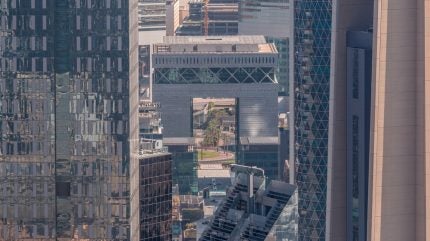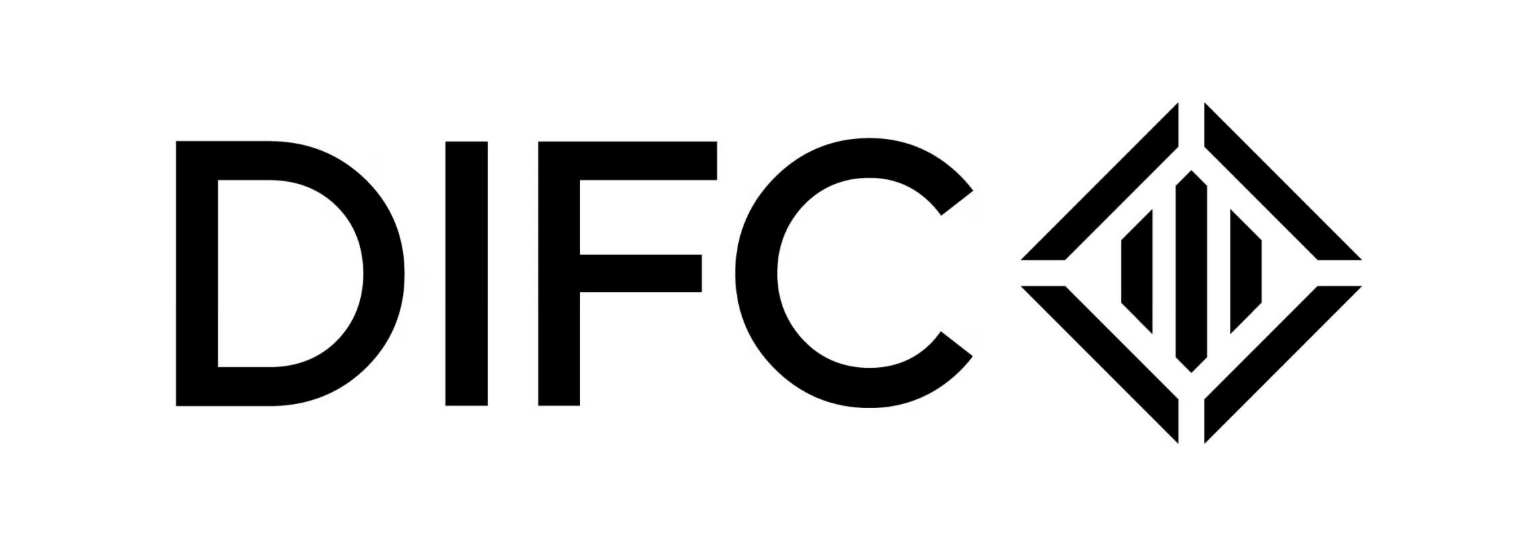
The coming wave of global wealth transfer is unprecedented in scale. But, with trillions expected to pass from generation to generation by the end of this decade, immense strain will be placed on legacy systems of inheritance and family governance. In the Middle East, where family-owned enterprises account for huge swathes of private sector activity – more than 90 per cent in the UAE – the consequences of unstructured succession are beginning to surface. Disputes, fragmentation and lack of continuity have exposed the limits of informal arrangements.
Many high-net-worth individuals (HNWIs) are seeking jurisdictions that can offer both legal certainty and long-term flexibility. As families globalise in footprint and structure, they require frameworks that accommodate cross-border interests, provide robust asset protection and ensure control over the terms and timing of succession. At the same time, rising regulatory scrutiny and evolving tax regimes demand a compliant, confidential infrastructure.
The demand is rising not just for legal vehicles, but for an entire inheritance ecosystem. This ecosystem must align professional advice, governance design and private dispute resolution within a coherent structure. For jurisdictions that can offer a credible solution, the prize is immense.
A modern architecture for cementing legacies
Dubai International Financial Centre (DIFC) has become the region’s foremost platform for family wealth. DIFC offers Shariah-compliant structures within a globally recognised common law system – a rare combination. With over 842 family-related entities registered and more than 120 ultra-wealthy families now operating within its jurisdiction, DIFC is now a global centre for intergenerational planning. Amongst these are 120 families and wealthy individuals who collectively manage over USD1.2trn globally.
DIFC has invested enthusiastically in building an ecosystem that caters to the evolving needs of family enterprises. One key institution at the heart of this is the DIFC Family Wealth Centre (DFWC), launched to deliver specialised services to help families succeed.
Another core feature of the DIFC’s offering is the DIFC Foundation. These are independent legal entities designed to manage and transfer family wealth while shielding assets from personal liabilities, creditors or hostile claims.
The Foundations are structured to operate with a high degree of flexibility. They allow founders to retain control over strategic decisions, appoint councils or boards to oversee governance, and define clear protocols for asset distribution. Importantly, the framework is immune to the forced heirship provisions that dominate in many civil law jurisdictions. And it does not recognise foreign judgments that conflict with the foundation’s intent.
DIFC Foundations may be established from scratch or converted from existing corporate structures. They can also be migrated into or out of the DIFC, giving families operational mobility across jurisdictions. Annual audited accounts can be maintained with registered agents, and, should conflict arise, the legal infrastructure provides access to private arbitration through the DIFC Courts – tailor-made to address complex international disputes. Such a combination of control, certainty and discretion is unmatched elsewhere.
The framework also provides confidence for families operating across borders. The legal system is fully compliant with international tax standards, and the regulatory environment is engineered to support long-term capital preservation. There are no statutory limits on the duration of the foundation – allowing wealth to be held and passed on according to the founder’s intent, not the state’s.
DIFC has also introduced a formal licensing regime for single-family offices, a major regulatory advantage compared with other jurisdictions. The regime offers much-needed clarity and security for businesses concerned with future wealth transfers. And DIFC Academy, as well as partnerships with international educational institutions, are examples of the unique access to financial literacy and governance training that the Centre offers, highly helpful for intergenerational legacy planning.
A jurisdiction built for permanence
The entire DIFC environment provides a level of legal and regulatory stability that is sorely lacking in other centres. With a judicial system rooted in English common law and a commercial infrastructure designed to support complex cross-border arrangements, it is the perfect place for HNWIs to put down roots and cement a legacy.
While other jurisdictions trade on historical precedent, DIFC has placed itself at the intersection of professional services, regulatory clarity and institutional trust. It is rising rapidly to become the first choice for families seeking a coherent, durable platform to structure their affairs – not just in the Middle East, but globally. For families confronting the realities of succession, DIFC gives them the confidence to stare it bravely in the face. At a time when wealth is mobile, but legacies are vulnerable, the centre has emerged as a jurisdiction where families can preserve capital, cohesion and control. Fill in your details on this page to learn more.



